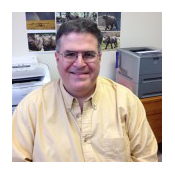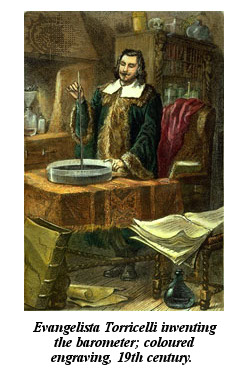 By: Donna Giachetti
By: Donna Giachetti
First Day of School Jitters
Heading to LaGuardia airport for my first science convention, I was reminded of my first day of kindergarten. Instead of a shiny new lunchbox, I toted a battered old suitcase but otherwise, it felt much the same. My first convention! Would I make friends? Would there be name tags? Bathroom breaks? Worst of all, would I get lost?
When I joined Educational Innovations in September 2014, my new colleagues tried to describe the magic and mayhem that occurs at science conventions. “You’ll see,” I heard more than once. They tossed around terms like “regionals” and “nationals” as if they were talking about March Madness.
I listened to their stories wondering when I would get my turn to become part of the larger-than-life Educational Innovations convention crew. And then, in mid-November, my moment arrived. CAST—the Conference for the Advancement of Science Teaching—would be my initiation into the world of science teachers.



 Posted by Donna Giachetti
Posted by Donna Giachetti 
